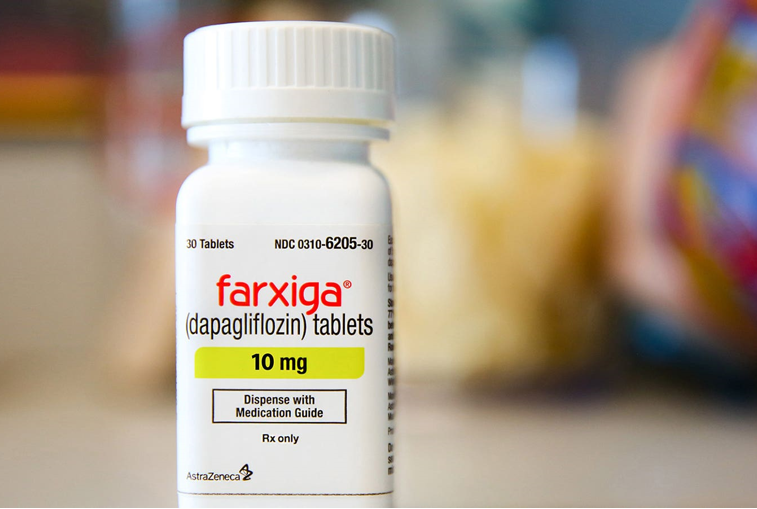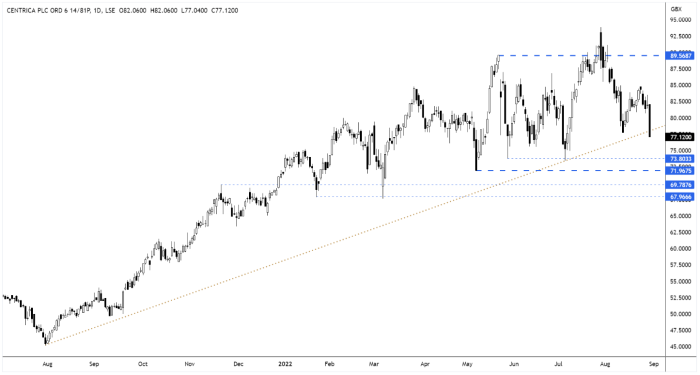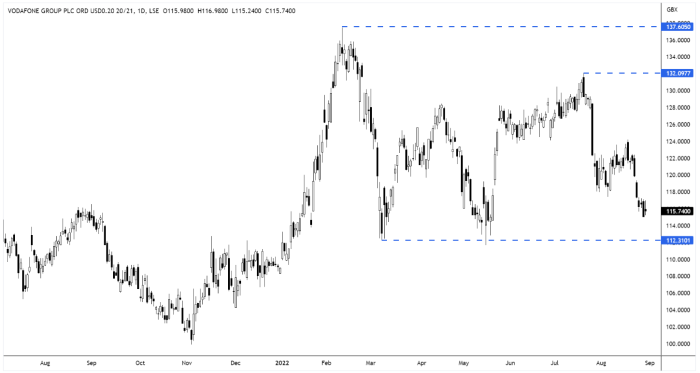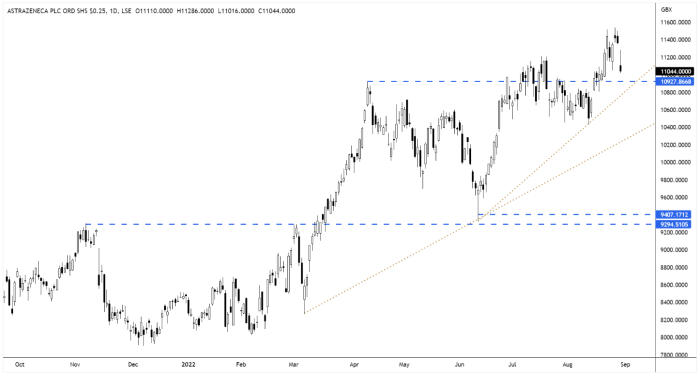
Regency View:
Update
Centrica to give 10% of British Gas energy profits to poorer customers
The Sun broke a story last week in which Centrica (CNA) CEO, Chris O’Shea told the newspaper that the energy provider would increase support for customers ahead of a rise in a price cap on default tariffs.
Centrica will donate £12m of its £98m first-half pre-tax profit to an energy support fund.
Grants of up to £750 would be given to poorer customers and Centrica’s pledge to donate 10% of profits every six months will last for the duration of the energy crisis.
Energy providers are being proactive in order to fend off calls for a windfall tax when a new Prime Minister is announced this autumn.

The shares have retraced lower in recent sessions, and a move back to support at 73p looks likely in the short-term.
Vodafone to sell Hungarian business for $1.8bn
Vodafone (VOD) announced last week that it will sell its Hungarian business for 715 billion forints ($1.8bn) in cash.
The British mobile phone and broadband giant said it had agreed non-binding terms with the buyers, Hungarian 4iG – creating Hungary’s second largest telecoms operator.
The deal is expected to be completed at the end of the year and does not include Vodafone’s shared services business VOIS.

Part of Vodafone’s strategy in recent years has been the selling of non-core assets to boost cashflow and fund the 5G rollout. The sale of its Hungarian business is just another in a long list of Vodafone’s recent divestments.
AstraZeneca’s Farxiga cuts death risk in heart failure patients -study
AstraZeneca (AZN) run of strong trial results continued this month with its diabetes drug, Farxiga showing to significantly reduce the risk of hospitalisation and death in people with all types of heart failure.
The drug belongs to a class of medicines called SGLT2 inhibitors that were initially approved to treat type 2 diabetes. Since then, the drugs have been shown to benefit patients with chronic kidney and heart disease and prevent heart attacks.
AstraZeneca said Farxiga is the first heart failure medication to show mortality benefit across all forms of heart failure.

Detailed data from a study called ‘DELIVER’ showed Farxiga met the study’s primary goal, inducing a statistically significant reduction in the risk of hear-related death, heart failure hospitalisation and urgent heart failure visits by 18%.
The study’s finidng’s have the potential to increase Farxiga’s addressable patient population by 50% according to Ruud Dobber, who leads AstraZeneca’s biopharma business.
Disclaimer:
All content is provided for general information only and should not be construed as any form of advice or personal recommendation. The provision of this content is not regulated by the Financial Conduct Authority.



